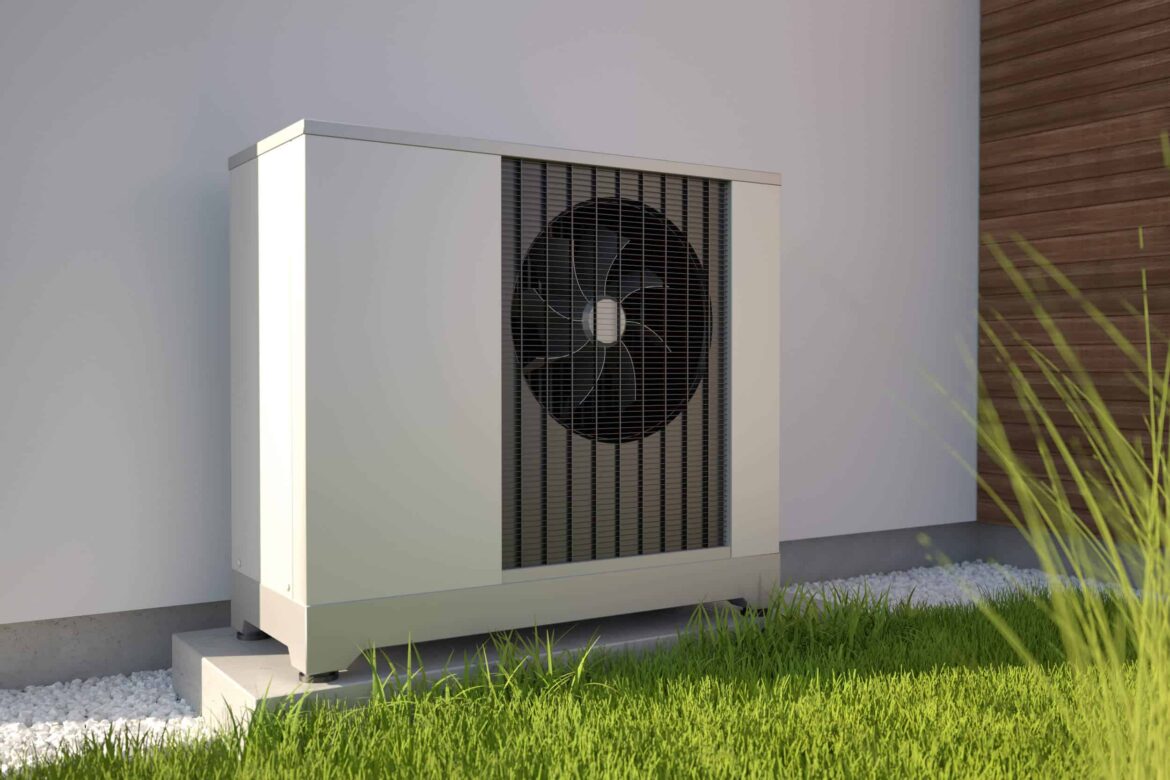764
A heat pump with propane is an environmentally friendly alternative to conventional heating systems. The refrigerant is particularly important here
This is what you should bear in mind with a heat pump with propane
Heat pumps with the refrigerant R290 draw energy from the environment to heat your home. The principle is based on a simple chemical reaction. At low temperatures, the refrigerant absorbs heat energy from the environment and vaporizes. If the gas is then compressed, it heats up and can be used for heating.
- Propane is used in particular because of its environmental compatibility. The previously used fluorinated hydrocarbons have a high global warming potential and have therefore already been restricted by the EU.
- However, propane gas itself is not entirely harmless. Known from barbecue lighters, propane is a highly flammable substance. For this reason, propane has so far only been used in industry.
- In addition to being more environmentally friendly, heat pumps with propane are also attractive because of their low price. They are also able to replace conventional heat pumps.
Heat pump in a detached house
For safety reasons, pumps with propane were previously only used in industry. Accordingly, there are a few things to bear in mind with a heat pump in the home. Above all, it is important that no propane gets into the house, which is why special compressors are mandatory here.
- Tight circuits and defined distances from windows and doors ensure greater safety with a propane heat pump. In addition, you should only use a small amount of refrigerant
- However, you do not have to convert an existing heat pump to propane immediately. As long as the pump is not operated with fluorinated hydrocarbons, its use is still permitted.
- Another advantage of heat pumps with propane is that they have a closed circuit. This means that the heating engineer does not need a refrigeration certificate for the installation.
